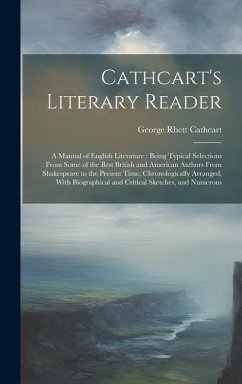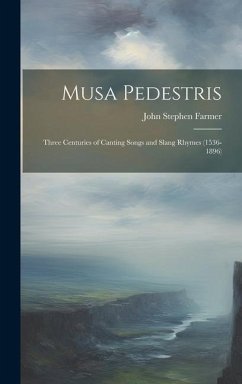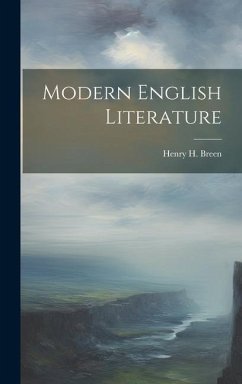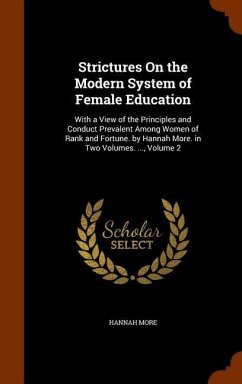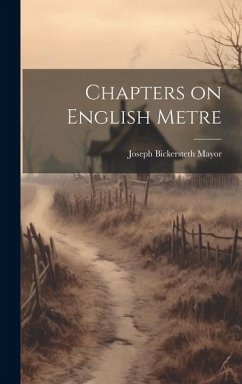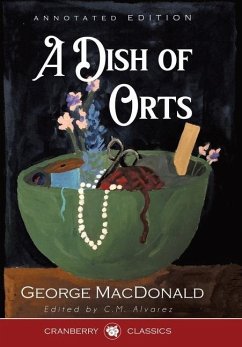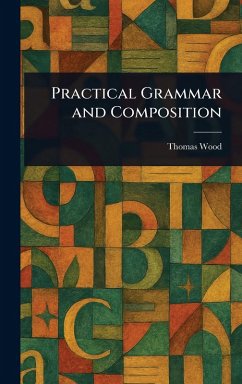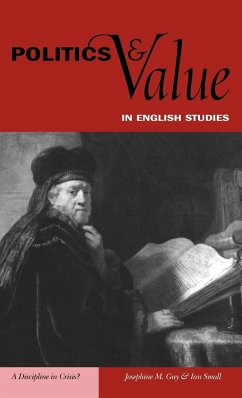Nicht lieferbar

Upstart Talents
Rhetoric and the Career of Reason in English Romantic Discourse, 1790-1820
Versandkostenfrei!
Nicht lieferbar
This study examines the use and abuse of rhetoric in English public life from 1790 to the end of the Regency. It begins from the premise that the period's rhetoric can employ reasoned arguments while also exhibiting regressive tendencies not so much supplanting rational discourse as using it in unexpected ways. Its underlying premise is that, however distinct were the positions taken by various political constituencies at this time, these positions could be advocated by means of rhetorical techniques common to all. The materialist emphasis of current cultural studies provides a useful correcti...
This study examines the use and abuse of rhetoric in English public life from 1790 to the end of the Regency. It begins from the premise that the period's rhetoric can employ reasoned arguments while also exhibiting regressive tendencies not so much supplanting rational discourse as using it in unexpected ways. Its underlying premise is that, however distinct were the positions taken by various political constituencies at this time, these positions could be advocated by means of rhetorical techniques common to all. The materialist emphasis of current cultural studies provides a useful corrective to the grand schemas of intellectual history but overcompensates by employing only the most nominal generalizations. While revisionist treatments of the public sphere have succeeded in breaking the concept down into divers political constituencies, this study examines assumptions about public discourse shared by these constituencies.






